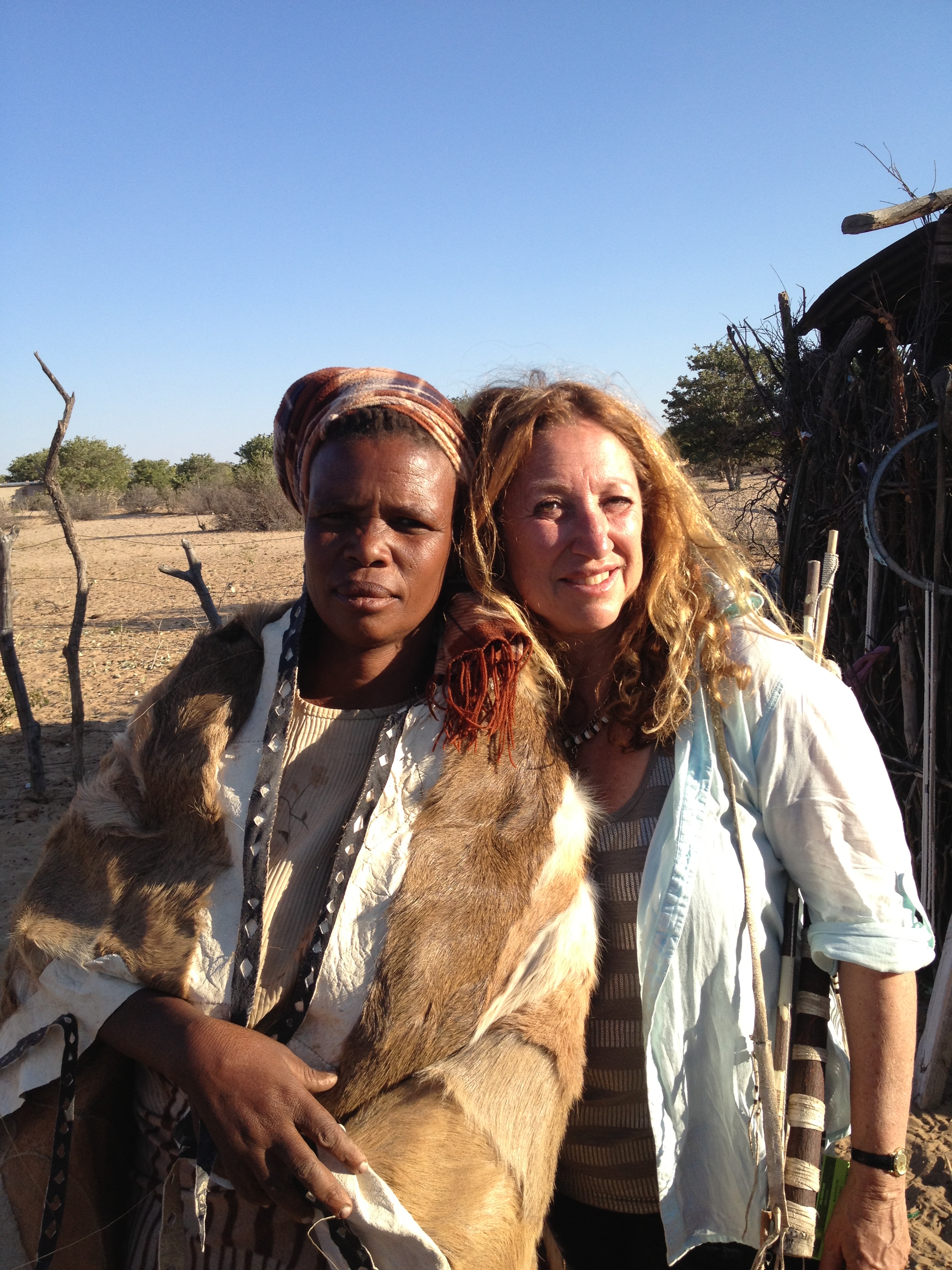Sarah called in tears. After 10 years spending time with a teacher she had loved, almost deified, she found out that he was abusing students and the perfect world she thought she had found, fell apart in an instant.
Sarah experience, unfortunately, is not unique. I have spent many years debriefing people who have found themselves in cults where the trust they have put in their teachers has been betrayed in some way.
The whole of the success and validity of the relationship depends on who the teachers and who the students are, and on what each of them is willing to bring into the relationship.
The role of the spiritual teacher should be that of a mirror, reflecting the true nature of awareness and whatever is in front of it. Looking into that mirror, the student sees himself. Often there is a feeling that the connection is very deep, and that in the presence of the teacher, a person becomes more fully who they really are. While our egos live in a mind of constriction, limitation, inflation and pain, our souls, crave the freedom of the awakened mind.
The Process
It is the warm, open love for the teacher, and the freedom that he/she represents, that triggers the spiritual unfolding. This love enables the student to undergo the onslaught to the ego that is the work of the spiritual journey. Initially, there may be difficulty as the neurosis of the ego is heightened. The ego needs to be seen in order to be purified. In these moments we see the worst aspects of ourselves. We see the places that are closed to love and those that crave it. We see the nature of our defenses that arose due to our early wounding. And it is the unconditional loving of the teacher, characterized by the qualities of mutual recognition, equity, respect, honesty, vulnerability, curiosity, openness and trust, that fosters the best possible growth, This relationship is much like the therapeutic relationship, as it heals the inadequacies of our primary relationships with our early caregivers.
A good teacher never creates dependency, because the teaching should be about freedom. When students are ready to be individuated away from the teacher, they should be able to sincerely reflect upon the teachings gratitude, track their growth through the process, have awareness of the places they had been most challenged, and make reparations to themselves and others for anything that still needs to be mended.
Common Difficulties in the Relationship
One of the difficulties we experience in the student/teacher relationship is the projection onto the teacher of parent or authority figure that was responsible for our early wounding. We may do that by trying to please or seduce them, or by rebelling against them. This because we don’t believe that we are lovable just as we are so we try to be more of what we think we should be. Initially we may project the good parent on them, and if they disappoint us, we see them as manipulative or abusive. The mind that judges, creates splitting defenses by flipping between what it likes and does not like.
Another issue that may arise is the confusion between submission to a teacher and surrender to a teaching. Submission is the response of an ego that feels a lack of self-worth. It operates from a place of weakness and fear, and depends on the teacher for its sense of self worth. Surrender on the other hand, involves allowing oneself to be really seen with all the frailties of being human.
It is important to be aware of the fact that it is the student who grants permission for the teacher to act as an authority on their behalf. Naturally it is hoped that the student has a strong enough sense of self to be aware of what it is that they want in a teacher. When a person does not have the inner strength of a well-grounded psyche, and embarks on spiritual work, there is a tendency towards spiritual bypassing. Therefore, there needs to be work on both the psyche and the spirit in order for true spiritual expansion to happen. It is a healthy ego structure that can support the deconstruction of the false ego self without further defensive splitting taking place.
Work should ideally be engaged with the student who does not idealize the teacher, as idealization constricts the energy. It is best engaged in a spirit of curiosity, innocence, humility and wonder, allowing for the primordial terrors that often surface as part of the process. Work should be able to contain the student’s feelings of being stuck, resistant, righteous, struggling over power and their judgments, with the recognition that these are part of the process. It is in being truly seen, that we heal.
So is a Teacher really necessary?
There is no one solution for everyone about whether to have a teacher or not. The issue is different for different people, and is even different for people at different times of their lives. It is easy to be evasive and avoidant on the spiritual path, but this can happen both with and without a teacher. I have seen people sit with powerful teachers for years and avoid, quite adroitly, really confronting their issues. I have seen people really dropping their ego wounding and becoming quite clear through a sudden life moment that is powerful enough to radically shift their consciousness. Let us value the teachers who are dedicated and aware enough to be sincere to their teachings, and value those students who yearn for the clarity that can reflect pure Being.

